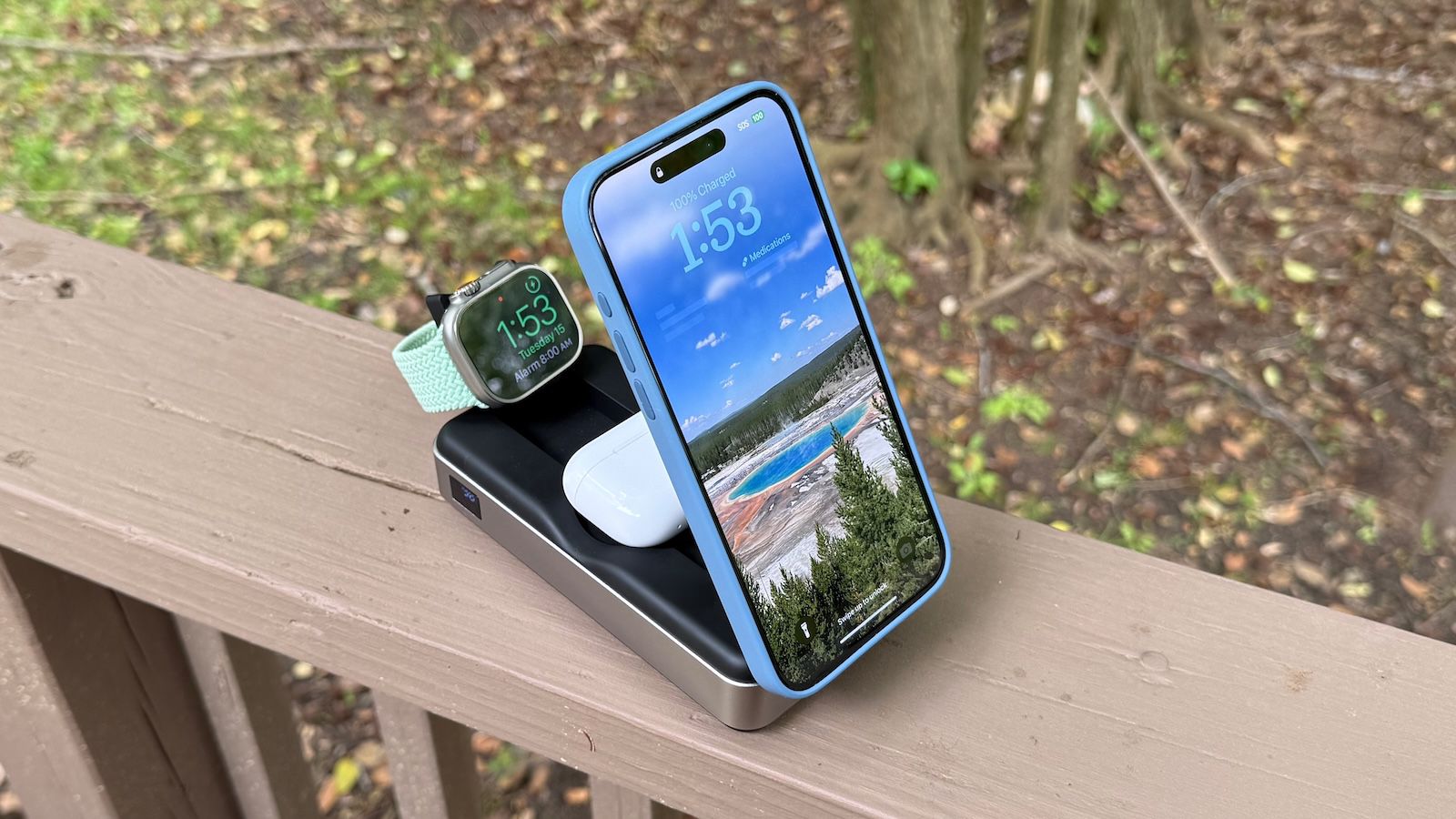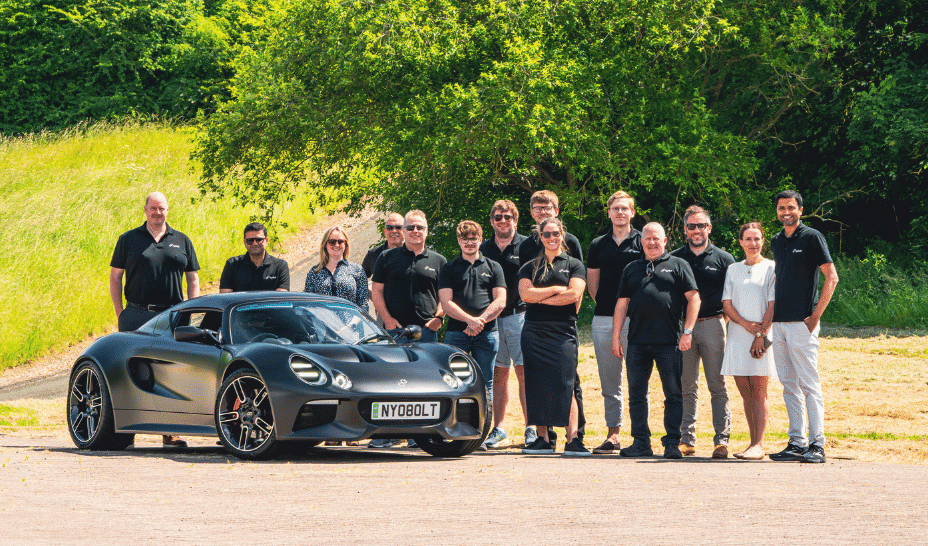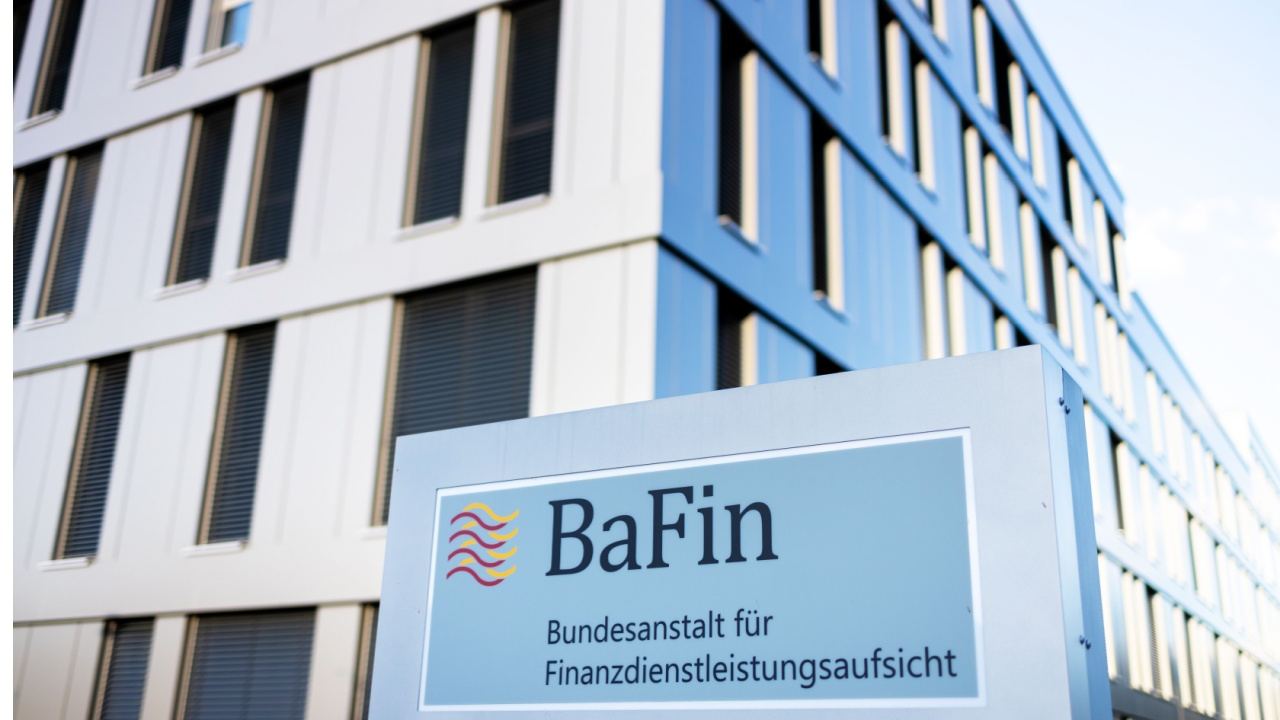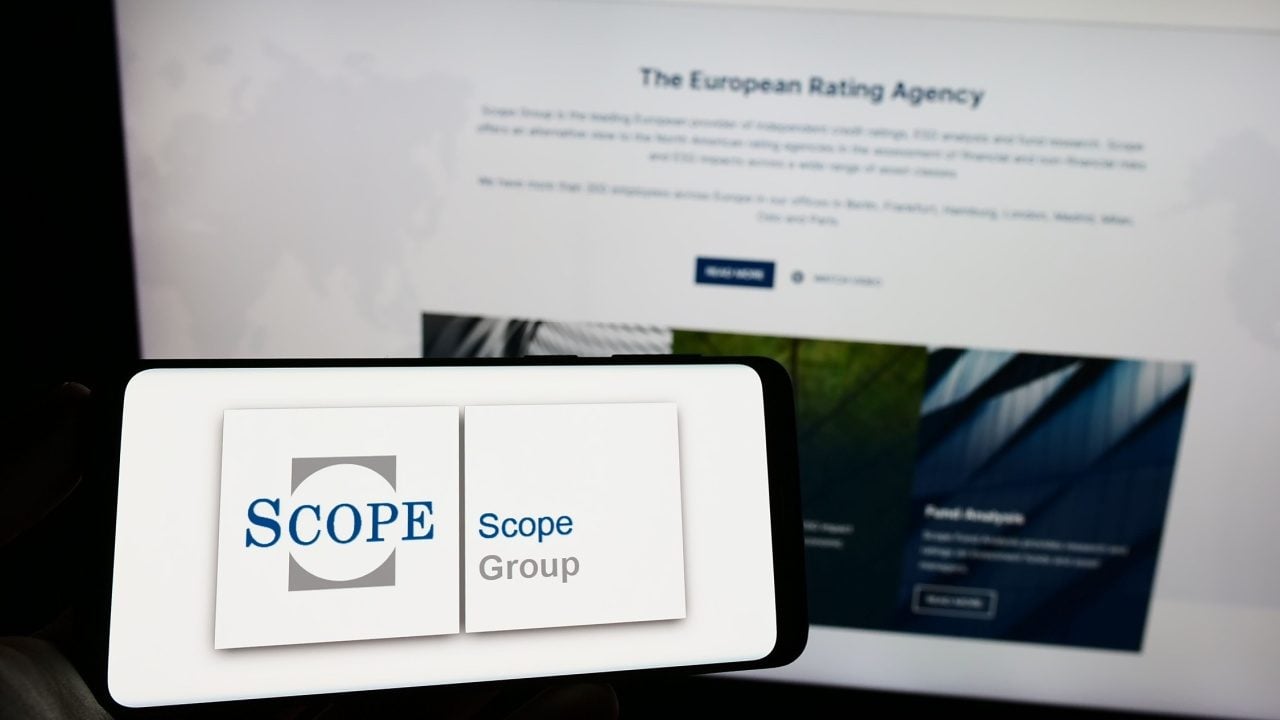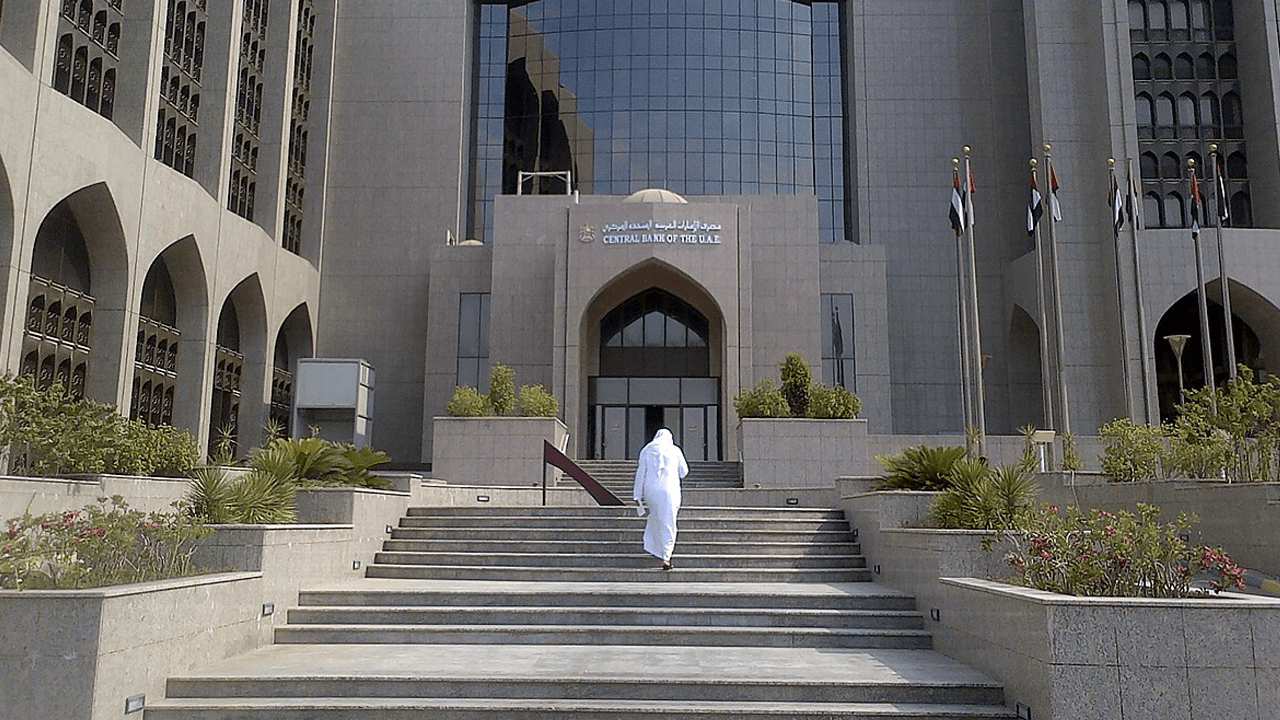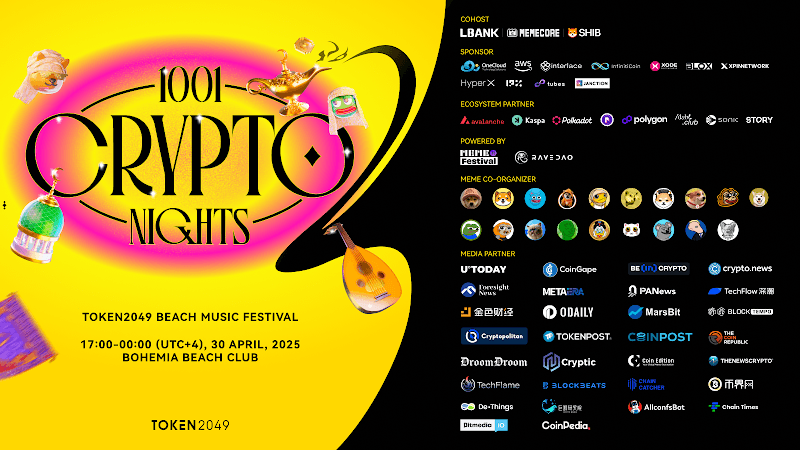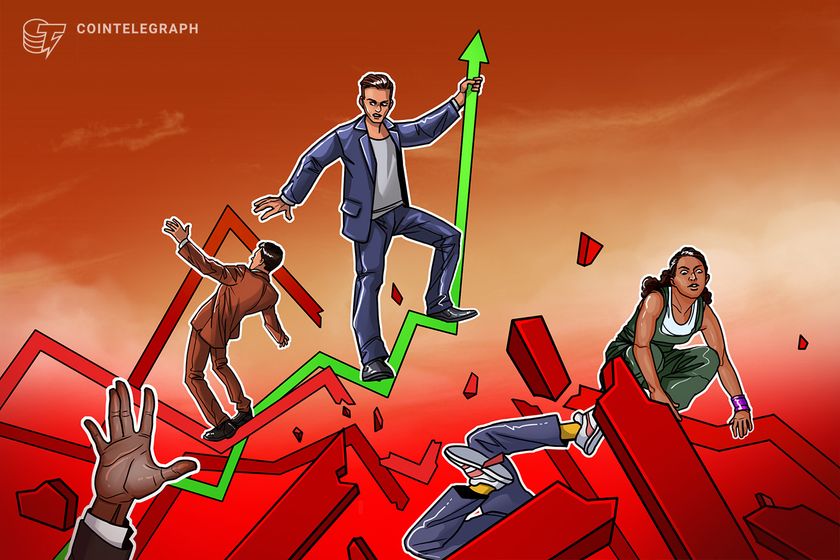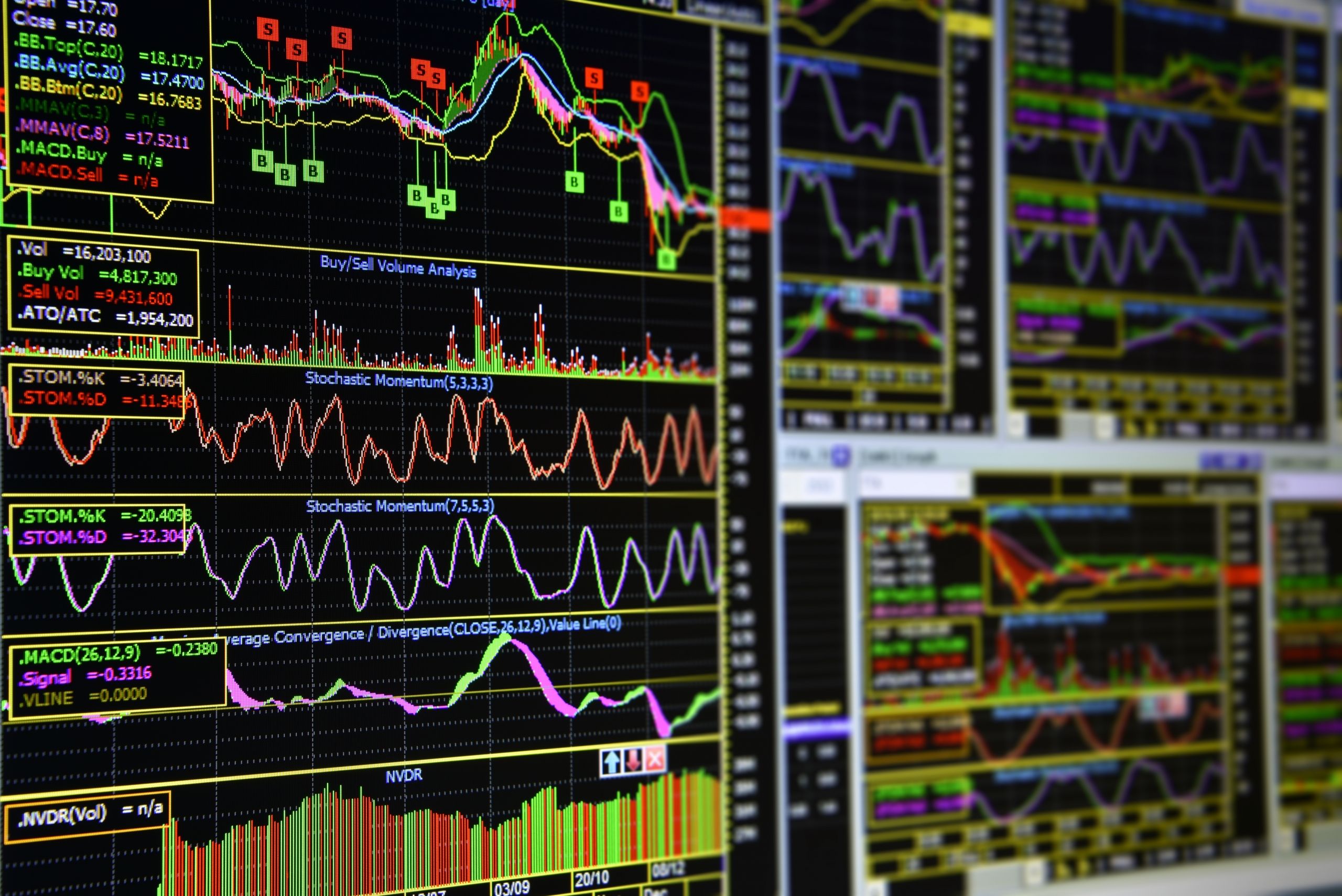Why 2025 Is the Best Time to Rethink Your Event Marketing Strategy
The event industry is changing fast, and if you're still relying on outdated strategies, you're missing out on the huge potential of 2025. With shifting audience expectations, advanced technology, and a greater focus on ROI, now is the time to reassess your event strategy to ensure it's future-proof. This blog explores why 2025 is the perfect moment to rethink how you approach your events and how you can stay ahead of the curve. Why 2025 Is the Year to Reevaluate Your Event Strategy As we move into 2025, the landscape of event planning is evolving at an accelerated pace. From increased demands for personalization to the rise of hybrid events, there’s a pressing need to adapt your event strategy to meet new standards and expectations. ## 1. Personalization Has Become a Necessity Attendees expect experiences that are tailored to their needs, preferences, and job roles. Generic, one-size-fits-all events are no longer enough to engage modern audiences. Use AI-powered platforms to recommend sessions based on individual preferences Segment your audience and create custom content tracks Implement personalized networking opportunities Offer real-time content suggestions and follow-ups 2. Hybrid Events Are No Longer Optional Hybrid events have transitioned from being a temporary solution to a permanent feature of the event landscape. In 2025, virtual and in-person experiences need to be thoughtfully integrated to create seamless engagement for all attendees. Whether you're using a custom platform or an Eventbrite clone to manage registrations and experiences, it's essential to design separate user journeys for in-person and remote attendees. Design separate user journeys for in-person and remote attendees Invest in interactive tools like live polls, Q&A, and networking lounges Provide on-demand content and digital resources post-event Streamline communication with both virtual and physical audiences 3. Demonstrating ROI Is Essential Event budgets are under scrutiny, and leadership teams expect measurable outcomes. In 2025, proving the ROI of your event is non-negotiable. Track metrics like qualified leads, engagement, and conversions Use data from attendee behavior to inform your strategy Integrate your event platform with your CRM to connect event activity with sales pipelines Set clear KPIs for each event and measure them consistently 4. Events Need to Build Year-Round Communities The best events are no longer just a day (or two) of engagement—they are the beginning of a continuous relationship. In 2025, successful brands build communities around their events. Launch exclusive groups for attendees on platforms like LinkedIn or Slack Host ongoing virtual meetups or content updates Share behind-the-scenes content and insider access to foster deeper connections Reward loyal attendees with VIP perks and early access to future events 5. Sustainability Is a Key Decision-Maker Attendees and sponsors are now actively choosing events based on their sustainability practices. In 2025, sustainable event planning is not just a trend—it’s a necessity. Go paperless with digital tickets, schedules, and materials Choose eco-conscious venues and local vendors Offset your event’s carbon footprint with transparent efforts Highlight your sustainability initiatives in your marketing materials 6. AI and Automation Will Revolutionize Event Planning AI isn’t just a buzzword; it’s a game-changer for how we plan, execute, and follow up on events. Leveraging AI and automation in 2025 will streamline operations and enhance attendee experiences. Use AI to generate email content, session summaries, and promotional materials Automate attendee communication and reminders Analyze attendee behavior in real-time for better engagement strategies Utilize AI for personalized content recommendations during the event Final Thoughts: Adapt or Fall Behind 2025 isn’t just another year. It’s a turning point. The event industry is maturing, and your audience expects more—more value, more relevance, more connection. If your strategy hasn’t changed since pre-pandemic days, you’re already behind. Now is the time to innovate. Experiment. And create event experiences people actually remember. Because in 2025, events aren’t just touchpoints—they’re trust builders.
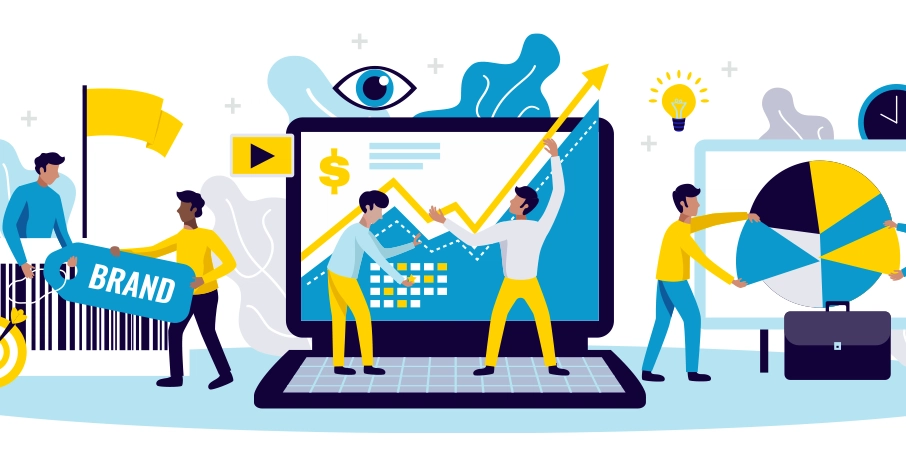
The event industry is changing fast, and if you're still relying on outdated strategies, you're missing out on the huge potential of 2025. With shifting audience expectations, advanced technology, and a greater focus on ROI, now is the time to reassess your event strategy to ensure it's future-proof.
This blog explores why 2025 is the perfect moment to rethink how you approach your events and how you can stay ahead of the curve.
Why 2025 Is the Year to Reevaluate Your Event Strategy
As we move into 2025, the landscape of event planning is evolving at an accelerated pace. From increased demands for personalization to the rise of hybrid events, there’s a pressing need to adapt your event strategy to meet new standards and expectations.
## 1. Personalization Has Become a Necessity
Attendees expect experiences that are tailored to their needs, preferences, and job roles. Generic, one-size-fits-all events are no longer enough to engage modern audiences.
Use AI-powered platforms to recommend sessions based on individual preferences
- Segment your audience and create custom content tracks
- Implement personalized networking opportunities
- Offer real-time content suggestions and follow-ups
2. Hybrid Events Are No Longer Optional
Hybrid events have transitioned from being a temporary solution to a permanent feature of the event landscape. In 2025, virtual and in-person experiences need to be thoughtfully integrated to create seamless engagement for all attendees. Whether you're using a custom platform or an Eventbrite clone to manage registrations and experiences, it's essential to design separate user journeys for in-person and remote attendees.
Design separate user journeys for in-person and remote attendees
- Invest in interactive tools like live polls, Q&A, and networking lounges
- Provide on-demand content and digital resources post-event
- Streamline communication with both virtual and physical audiences
3. Demonstrating ROI Is Essential
Event budgets are under scrutiny, and leadership teams expect measurable outcomes. In 2025, proving the ROI of your event is non-negotiable.
Track metrics like qualified leads, engagement, and conversions
- Use data from attendee behavior to inform your strategy
- Integrate your event platform with your CRM to connect event activity with sales pipelines
- Set clear KPIs for each event and measure them consistently
4. Events Need to Build Year-Round Communities
The best events are no longer just a day (or two) of engagement—they are the beginning of a continuous relationship. In 2025, successful brands build communities around their events.
- Launch exclusive groups for attendees on platforms like LinkedIn or Slack
- Host ongoing virtual meetups or content updates
- Share behind-the-scenes content and insider access to foster deeper connections
- Reward loyal attendees with VIP perks and early access to future events
5. Sustainability Is a Key Decision-Maker
Attendees and sponsors are now actively choosing events based on their sustainability practices. In 2025, sustainable event planning is not just a trend—it’s a necessity.
- Go paperless with digital tickets, schedules, and materials
- Choose eco-conscious venues and local vendors
- Offset your event’s carbon footprint with transparent efforts
- Highlight your sustainability initiatives in your marketing materials
6. AI and Automation Will Revolutionize Event Planning
AI isn’t just a buzzword; it’s a game-changer for how we plan, execute, and follow up on events. Leveraging AI and automation in 2025 will streamline operations and enhance attendee experiences.
- Use AI to generate email content, session summaries, and promotional materials
- Automate attendee communication and reminders
- Analyze attendee behavior in real-time for better engagement strategies
- Utilize AI for personalized content recommendations during the event
Final Thoughts: Adapt or Fall Behind
2025 isn’t just another year. It’s a turning point.
The event industry is maturing, and your audience expects more—more value, more relevance, more connection. If your strategy hasn’t changed since pre-pandemic days, you’re already behind.
Now is the time to innovate. Experiment. And create event experiences people actually remember.
Because in 2025, events aren’t just touchpoints—they’re trust builders.



.jpg)



















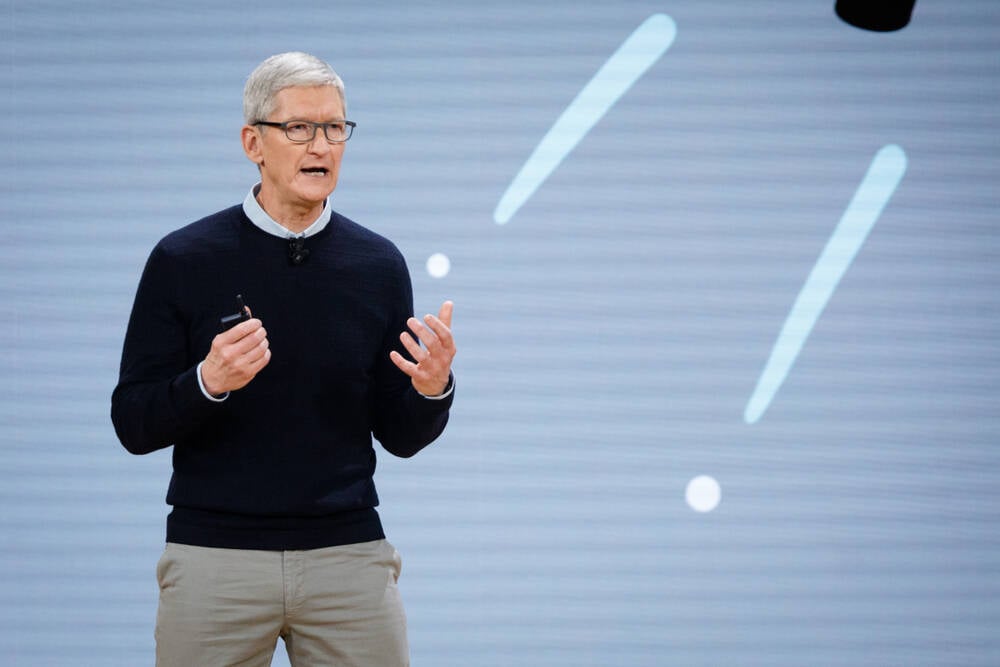

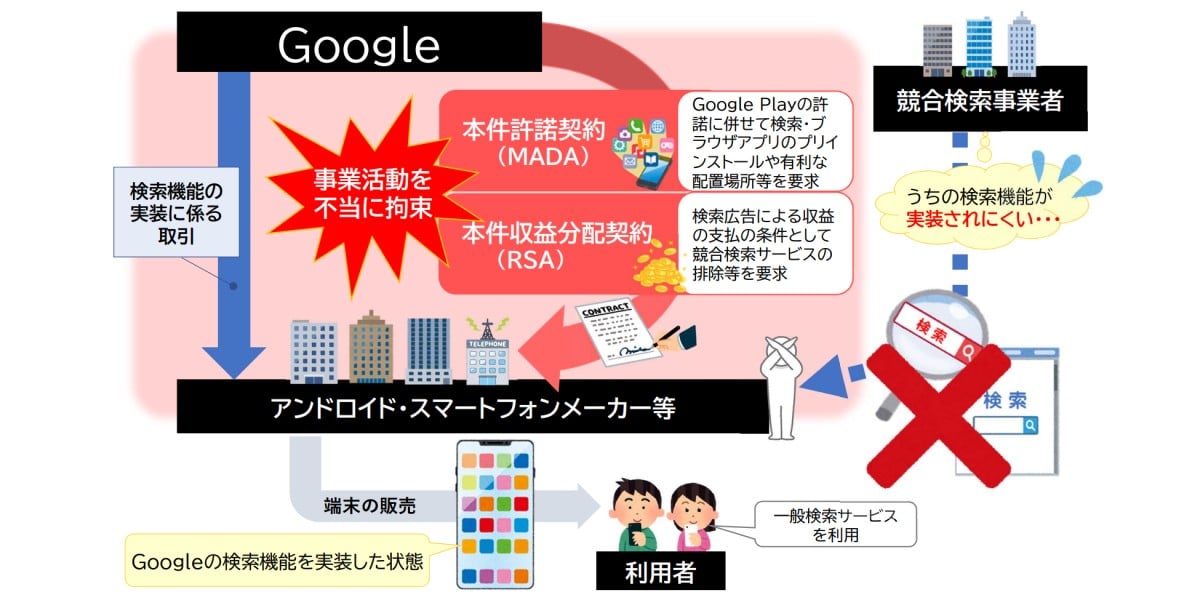
















































































































































![[The AI Show Episode 144]: ChatGPT’s New Memory, Shopify CEO’s Leaked “AI First” Memo, Google Cloud Next Releases, o3 and o4-mini Coming Soon & Llama 4’s Rocky Launch](https://www.marketingaiinstitute.com/hubfs/ep%20144%20cover.png)
















































































































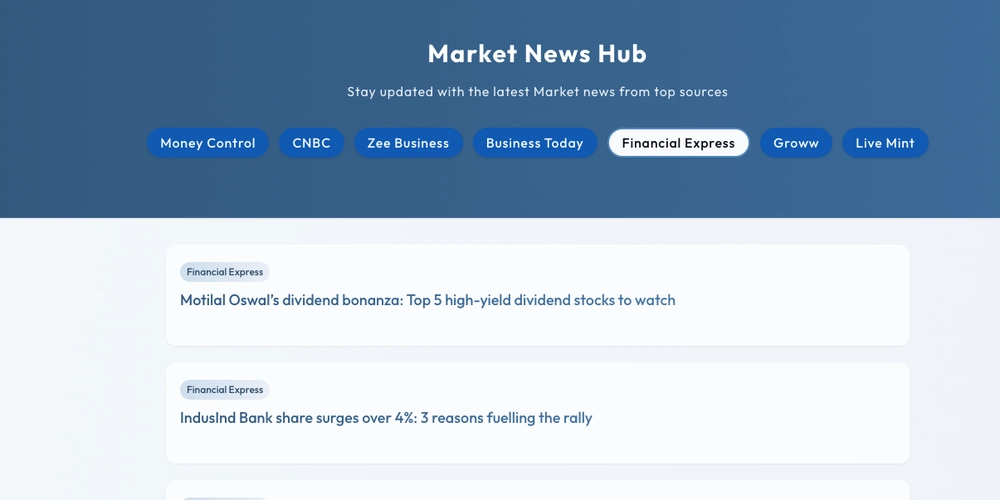





























































.png?width=1920&height=1920&fit=bounds&quality=70&format=jpg&auto=webp#)





















![Blue Archive tier list [April 2025]](https://media.pocketgamer.com/artwork/na-33404-1636469504/blue-archive-screenshot-2.jpg?#)


































.png?#)























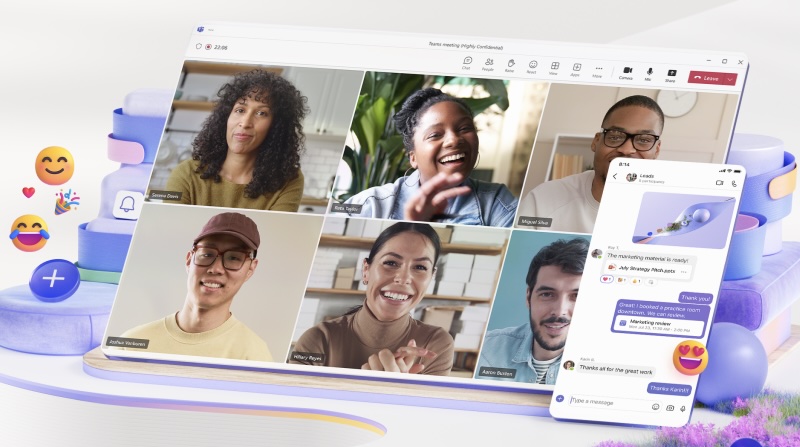











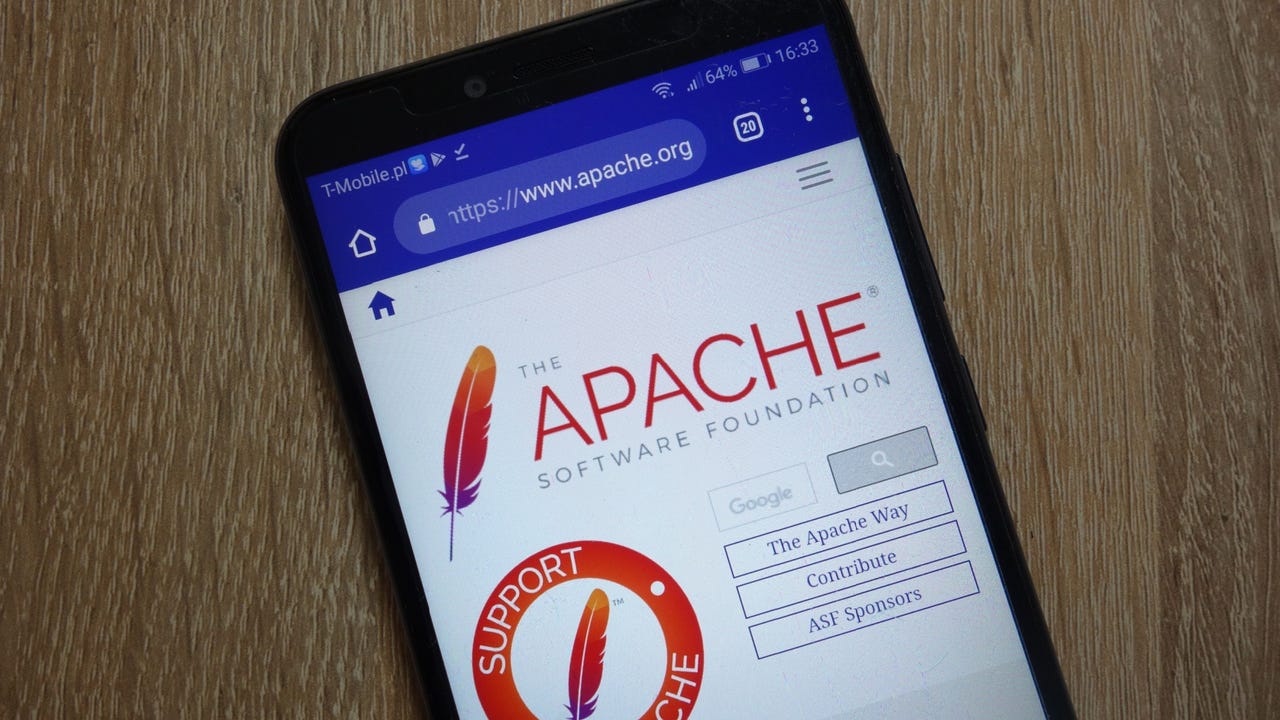




.webp?#)

















































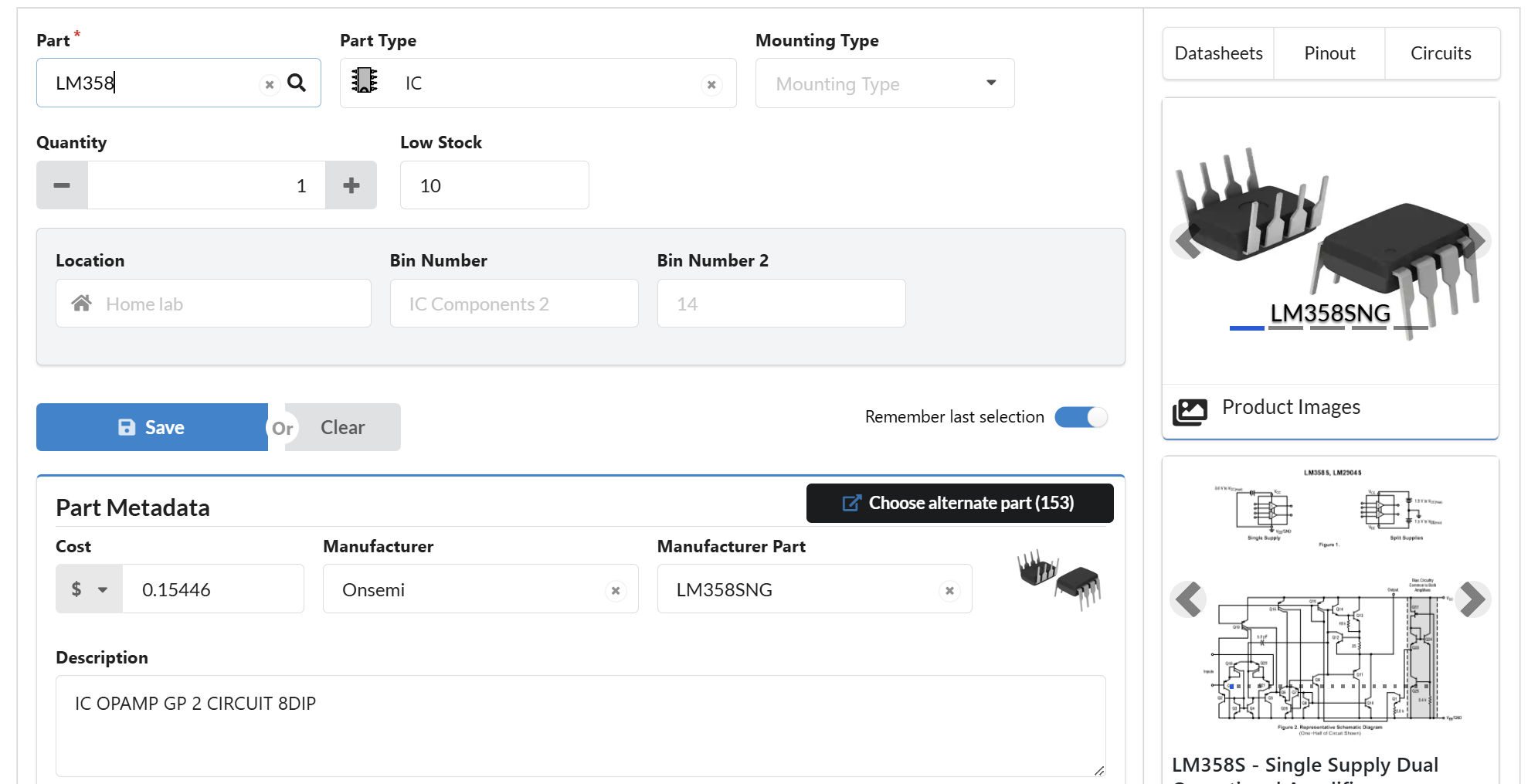


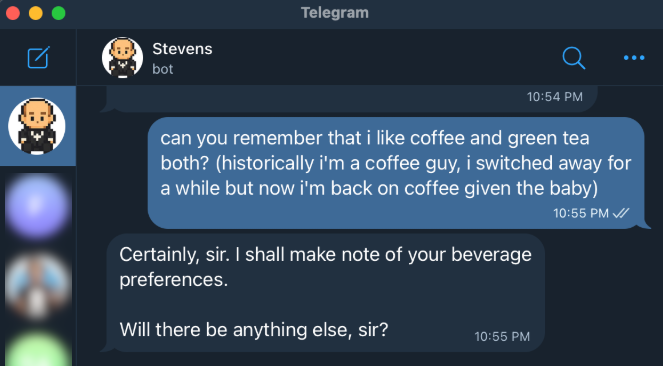





















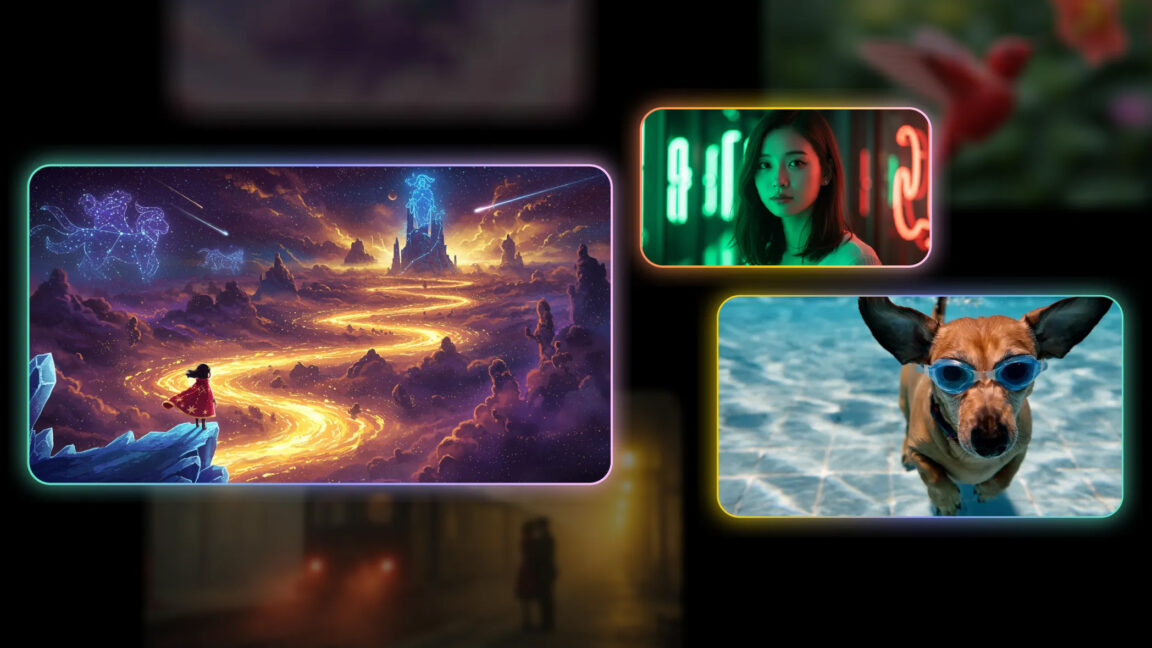


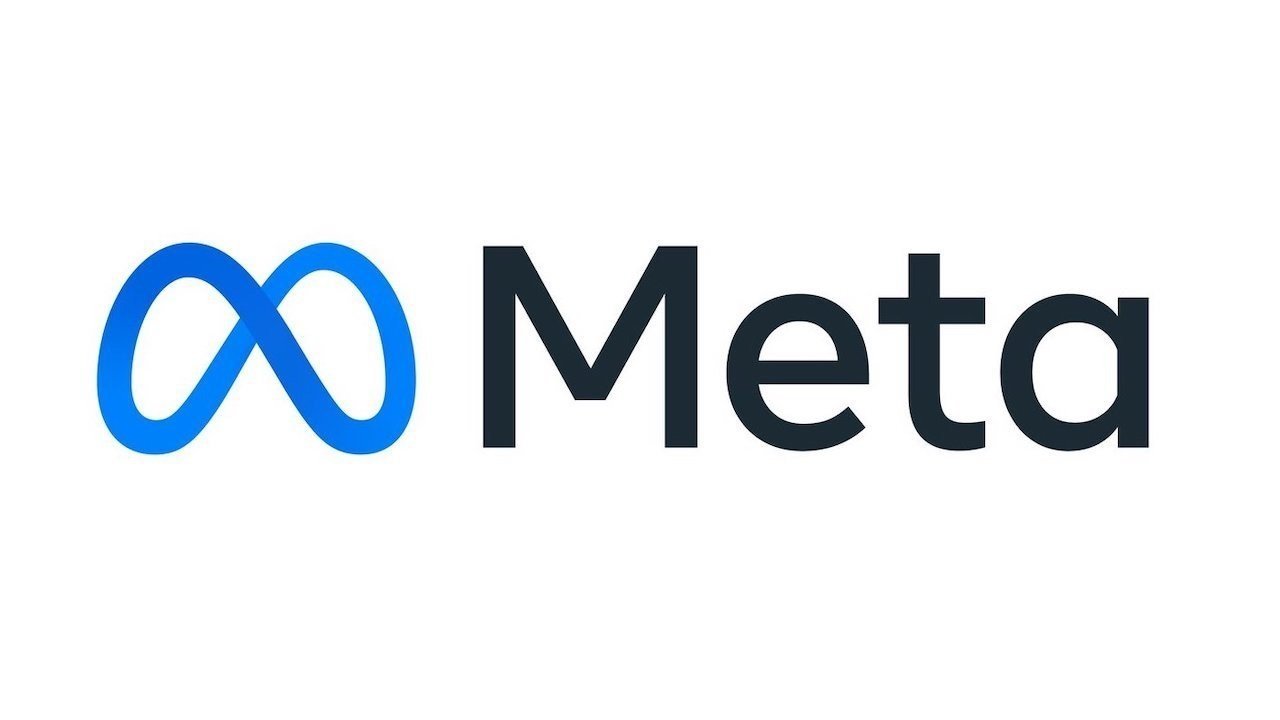
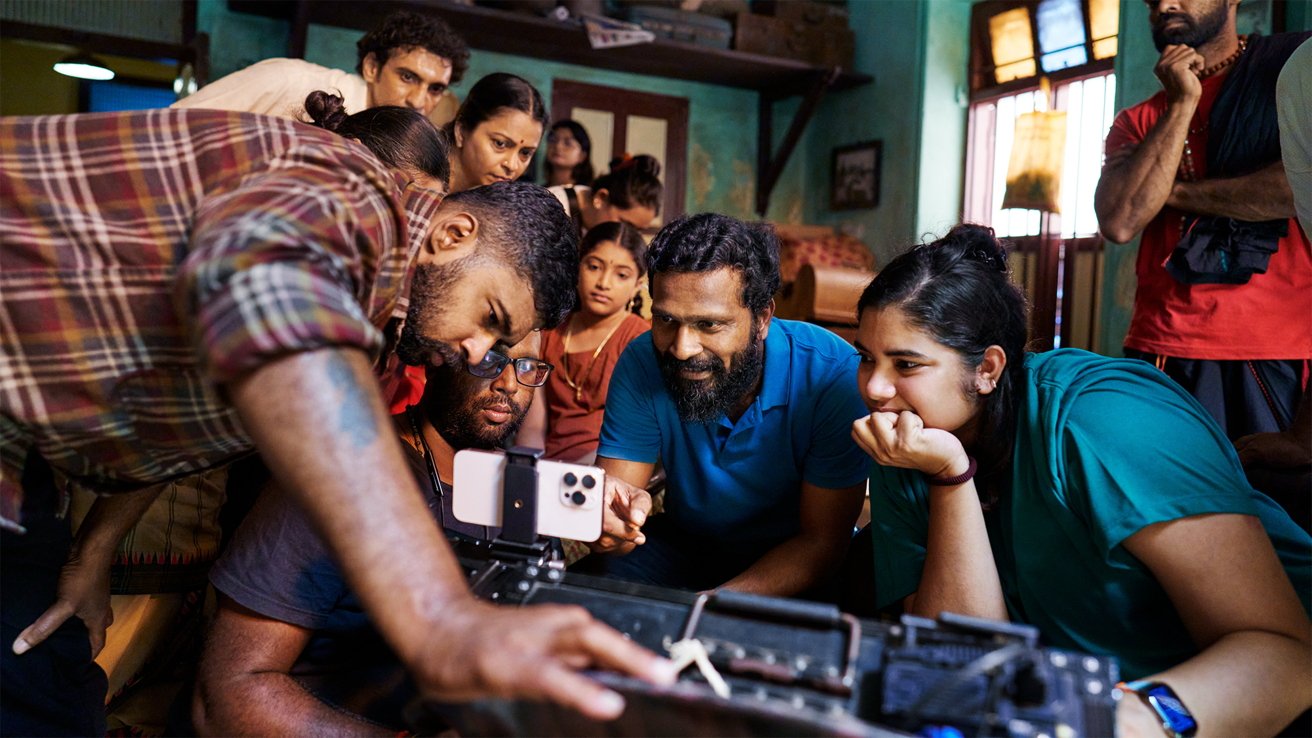






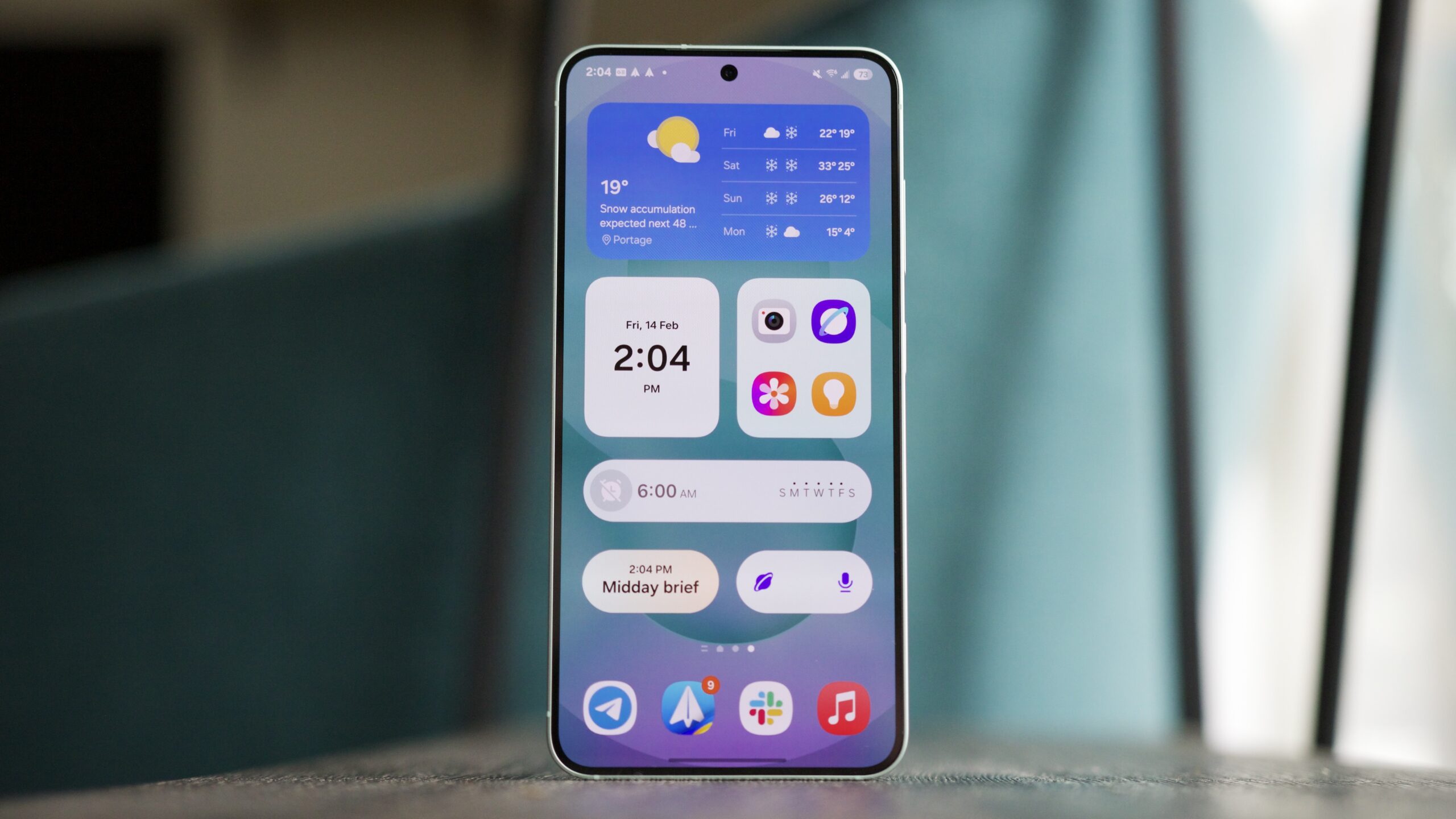

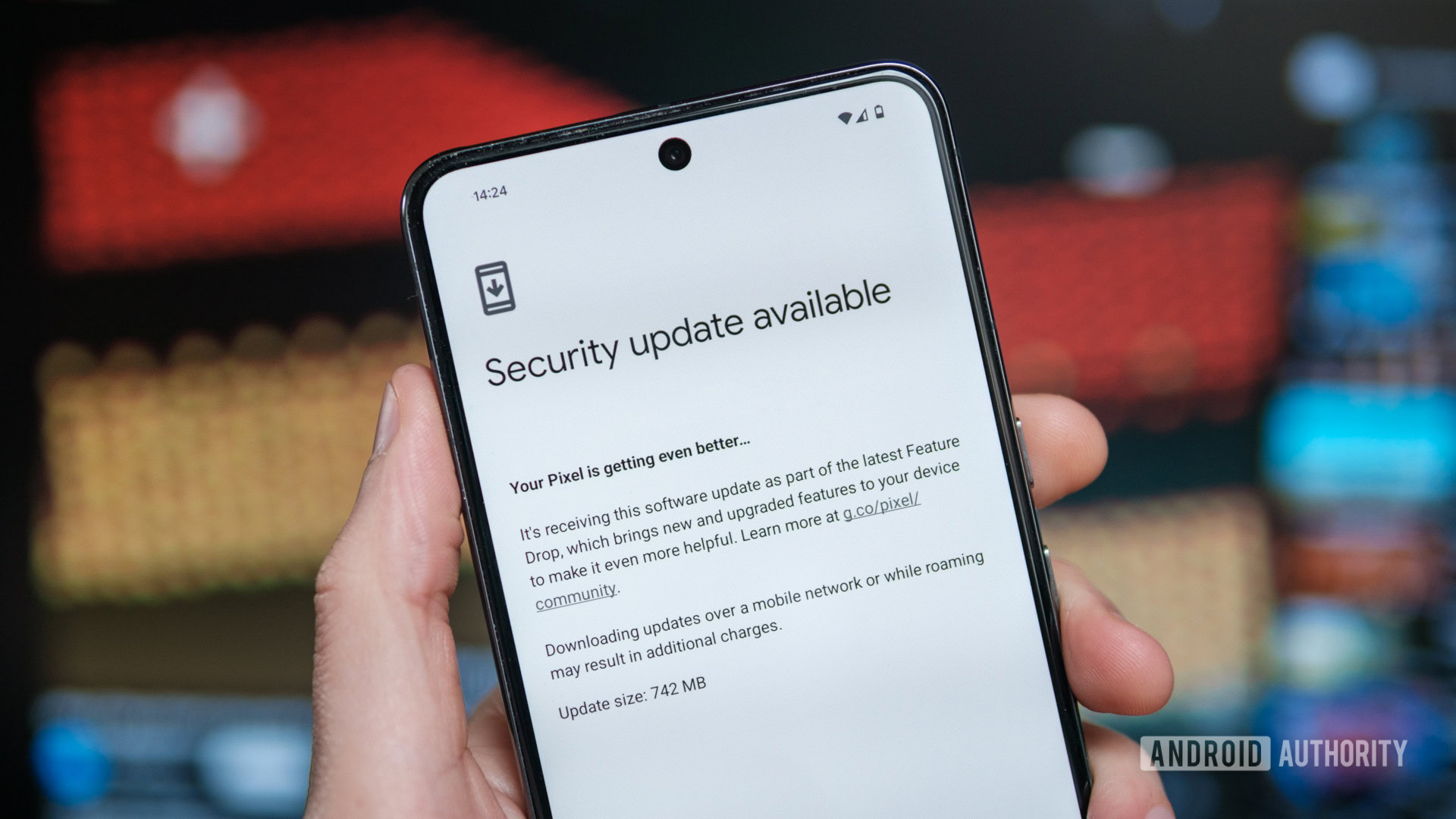














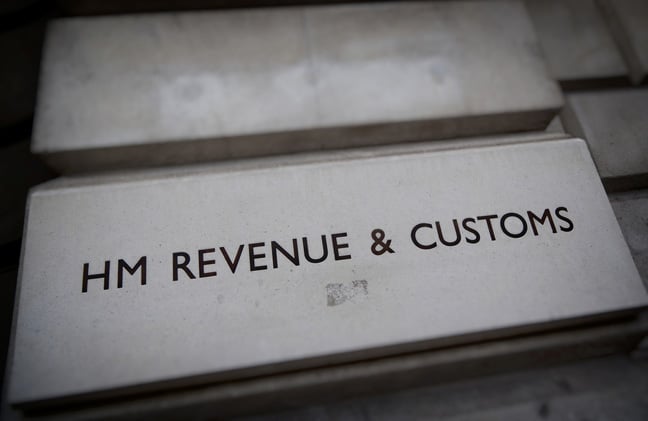



![Apple to Split Enterprise and Western Europe Roles as VP Exits [Report]](https://www.iclarified.com/images/news/97032/97032/97032-640.jpg)
![Nanoleaf Announces New Pegboard Desk Dock With Dual-Sided Lighting [Video]](https://www.iclarified.com/images/news/97030/97030/97030-640.jpg)

![Apple's Foldable iPhone May Cost Between $2100 and $2300 [Rumor]](https://www.iclarified.com/images/news/97028/97028/97028-640.jpg)









































